The Legacy of Chess in the John Lewis Partnership
Within the hallowed halls of the John Lewis Partnership, chess isn't just a mere board game; it's a cornerstone of the company's culture. Chess has been part of the organization's DNA since its inception, and it's not a coincidence. It's because chess was, without a doubt, one of the Founder's most profound passions. John Spedan Lewis, the visionary force behind the Partnership, held an abiding love for chess that was only rivalled by his aversion to defeat. To him, chess was more than a pastime; it was a reflection of life itself, a 'training for business,' where every move held a lesson for success.
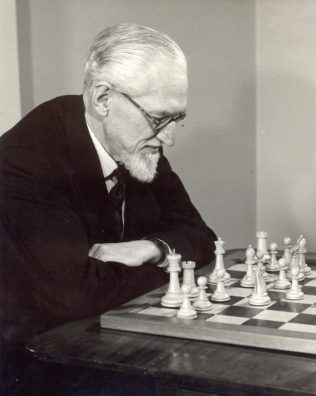
In 1949, Spedan Lewis shared his wisdom with the Partners, emphasizing the importance of fundamental principles in chess—principles that could be directly applied to the world of business. To him, success was rooted in:
-
Knowing General Principles: Just as in chess, where understanding the core principles is essential, in business, having a grasp of the fundamental rules and strategies is crucial.
-
Sticking to these Principles: Like chess pieces adhering to their strategic positions, business success depended on unwavering commitment to chosen principles.
Chess, to Spedan Lewis, encouraged forward thinking and strategic implementation. It fostered an acute awareness of multiple possibilities, a mindset that served Partners well beyond the chessboard.
A Gathering of Chess Virtuosos
Given Spedan Lewis's profound connection to chess, it comes as no surprise that the Partnership attracted a remarkable cadre of chess enthusiasts and virtuosos. One such luminary was CHO'D Alexander, a man who not only excelled in the administrative realms but also held the prestigious title of British Chess Champion. His crowning achievement came in 1939 when he defeated the former world champion Dr. Euwe, representing England against Holland.
Before the tumultuous era of World War II, other notable Partners who shared a passion for chess included Leonard Barden, a Learner (management trainee) with a remarkable dual role as the chess correspondent for prestigious publications like the Financial Times, the London Evening Standard, and The Guardian. Barden's role helped propagate the spirit of chess beyond the Partnership, making it a beloved game in wider society.
Another luminary in the Partnership was William Gordon Welchman, who later assumed the pivotal role of the Partnership's Director of Expansion and Research in the late 1940s. His journey through the world of chess ultimately enriched his understanding of strategy and decision-making, which he undoubtedly applied to his high-level executive duties.
Perhaps one of the most celebrated figures was Miss Vera Menchik, later known as Mrs. Stevenson. She held the prestigious title of Women's World Chess Champion from 1926 until her untimely demise in 1944. Miss Menchik not only played a vital role in the Partnership but also had the honour of coaching the Founder himself. Alongside her husband, she was entrusted with the management of the National Chess Centre at John Lewis, a haven for chess enthusiasts that opened its doors in 1939. Tragically, this oasis of chess excellence fell victim to the Oxford Street bombing only a year later, leaving Mr. Stevenson heartbroken, and regrettably, leading to his subsequent illness and passing.
The John Lewis Partnership's Chess Club wasn't just a club; it was a testament to the organization's commitment to fostering intellectual pursuits and camaraderie among its Partners. The club's enduring legacy has left an indelible mark on the culture of the Partnership.
Beyond Chess: A World of Indoor Pursuits
For those within the Partnership who sought more leisurely indoor pursuits, the offerings were as diverse as the Partners themselves. The Founder's affection for Russian pool was well-known, and throughout the years, many a pool table graced the Partnership's restrooms, providing a relaxing respite for Partners to unwind.
Board games have always been a beloved pastime within the organization. While chess held the throne of strategic brilliance, other board games offered a different flavour of mental exercise. These games not only entertained but also forced Partners to engage in forward thinking, strategy, and problem-solving.
One particular gem from the past was the intriguingly named "Tipplee-Web," a game that captured the imagination of many. This "lost" game, featured in a Heelas toy catalogue from 1909, serves as a fascinating artifact of leisure from a bygone era, a testament to the ever-evolving landscape of indoor entertainment.
Today, the John Lewis Partnership continues to offer a multitude of indoor games to its Partners, catering to a wide range of interests and preferences. Classics like Scrabble, dominoes, and Pictionary remain popular choices, providing moments of friendly competition and intellectual stimulation. However, for many, chess still holds its esteemed position as the ultimate indoor pastime—a timeless game that embodies the very essence of strategy and leisure.
As the John Lewis Partnership marches forward, it carries with it not just a tradition of excellence in business but also a rich heritage of intellectual pursuits and leisure, where chess and other indoor games continue to enrich the lives of Partners, fostering a sense of unity and intellectual growth.



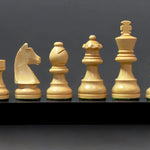
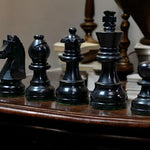
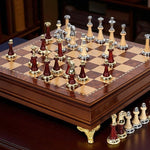
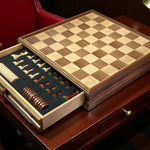
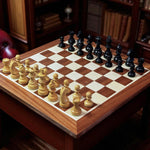
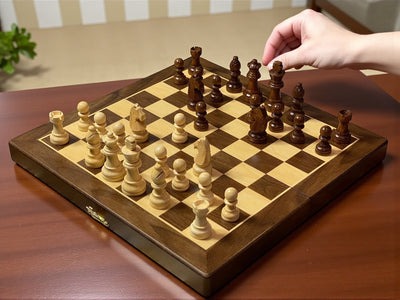
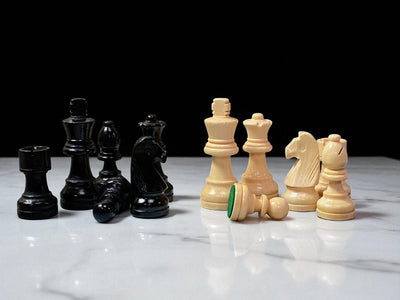
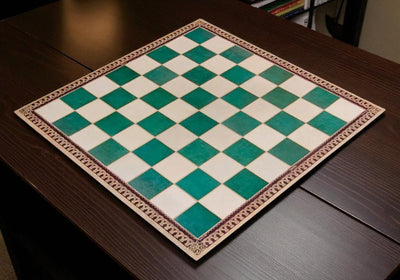
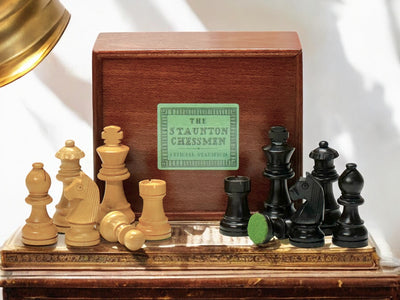
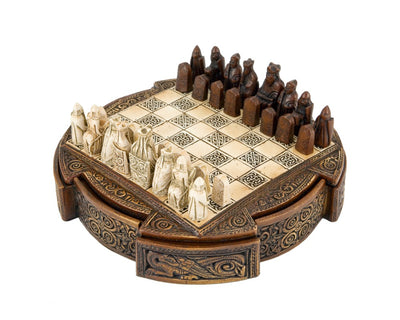

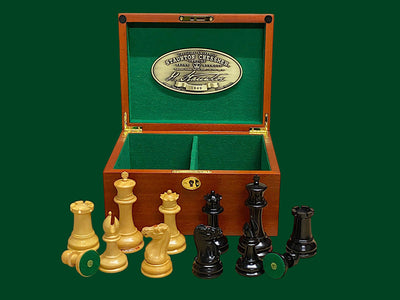
Leave a comment